Haircare Tips at Home
Taking care of your hair is essential, but with busy schedules, trips to the salon might not always be feasible. That’s where home haircare comes in! Not only is it convenient, but it’s also cost-effective and can be tailored to your specific needs. In this guide, we’ll walk you through practical and easy-to-implement haircare tips that you can do right from the comfort of your own home.
Understanding Your Hair Type
Before starting any haircare routine, it is important to understand your hair type. Whether you have straight, wavy, curly, or coily hair, each type requires different care. Straight hair might need more frequent washing due to oil buildup, while curly hair tends to be drier and benefits from regular deep conditioning. Knowing your hair type helps you tailor your routine, ensuring that you’re not over or under-treating your hair.
Daily Haircare Routine
Cleansing: Choosing the Right Shampoo
Choosing the right shampoo is the first step in your daily haircare routine. Look for shampoos that match your hair type and avoid those with harsh sulfates that can strip your hair of natural oils. If you have a sensitive scalp, opt for a gentle, sulfate-free shampoo.
Conditioning: How Often and Why It Matters
Conditioning is a must for keeping your hair hydrated and manageable. Whether you choose to condition every day or a few times a week depends on your hair type and needs. Fine hair may require less frequent conditioning, while thicker or curly hair may benefit from more regular use.
Drying: The Do's and Don'ts
When it comes to drying your hair, air-drying is generally the best option to avoid heat damage. If you must use a blow dryer, always use a heat protectant spray and avoid the highest heat settings. Pat your hair dry with a towel rather than rubbing it to prevent breakage.
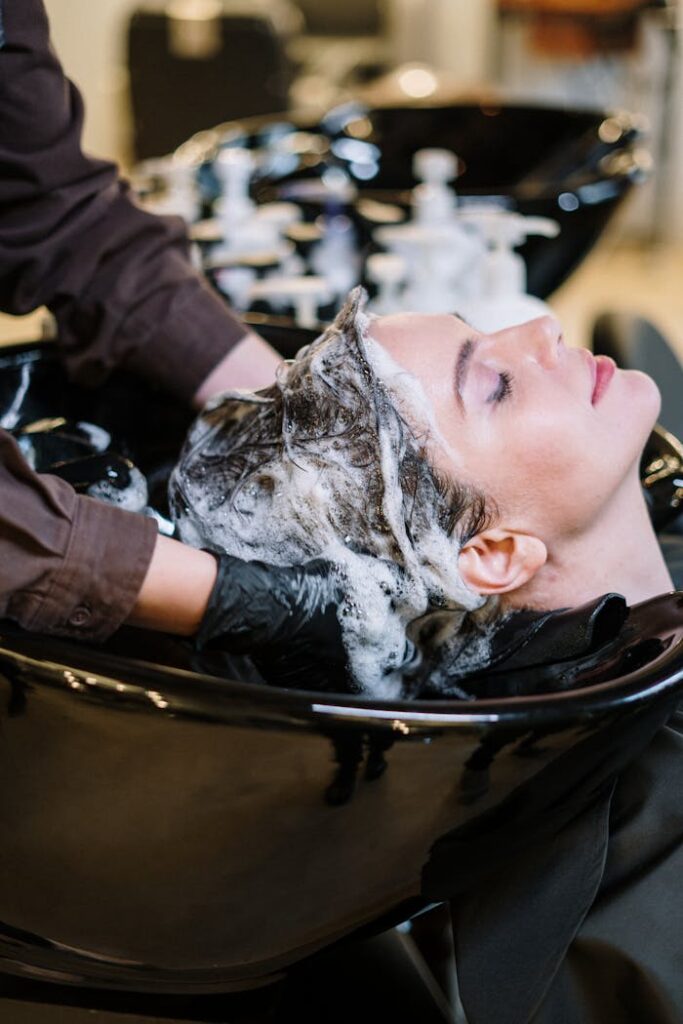
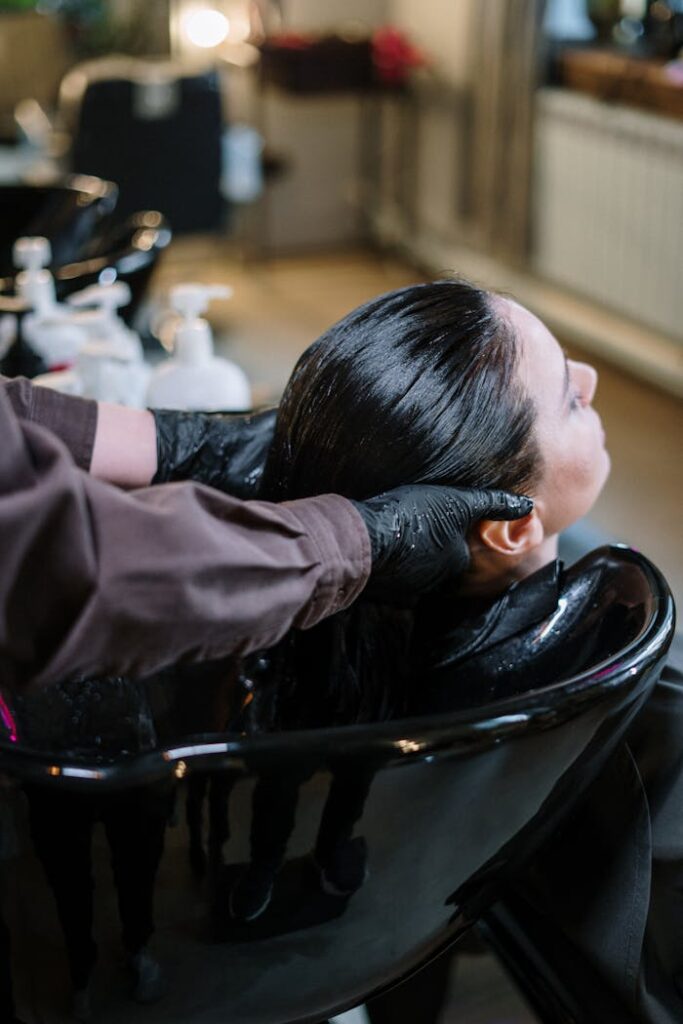
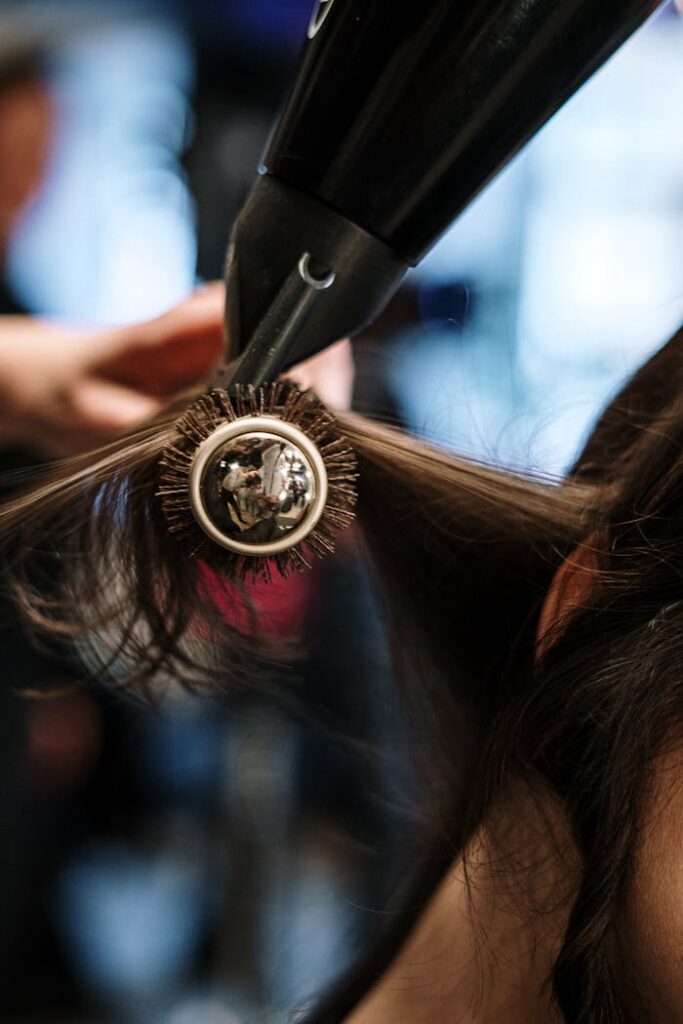
Weekly Hair Treatments
Deep Conditioning Masks
Incorporating a deep conditioning mask into your weekly routine can make a significant difference in your hair’s texture and health. Whether you buy a store-bought product or make your own at home, deep conditioning can provide the extra moisture and nutrients your hair needs.
Oil Treatments: Benefits and Methods
Oil treatments are another excellent way to nourish your hair. Coconut oil, argan oil, and olive oil are all popular choices. Apply the oil from the mid-lengths to the ends of your hair, leave it on for at least 30 minutes, then wash it out with your regular shampoo.
Scalp Exfoliation: Why and How to Do It
Exfoliating your scalp once a week can help remove product buildup and dead skin cells, promoting healthy hair growth. You can use a store-bought scalp scrub or make your own using sugar and a bit of coconut oil.
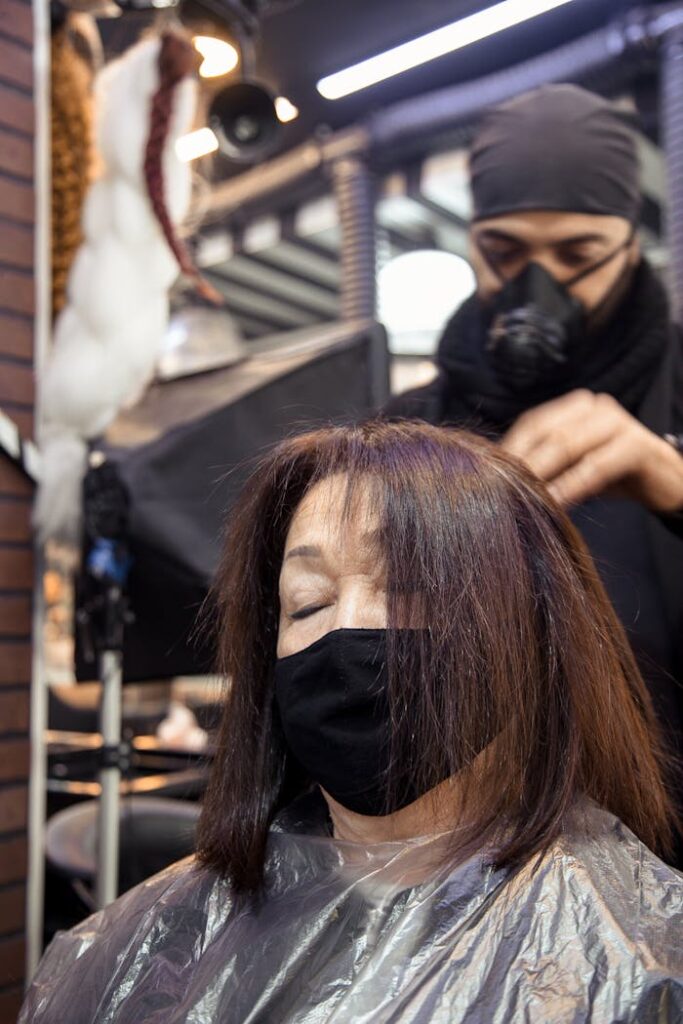
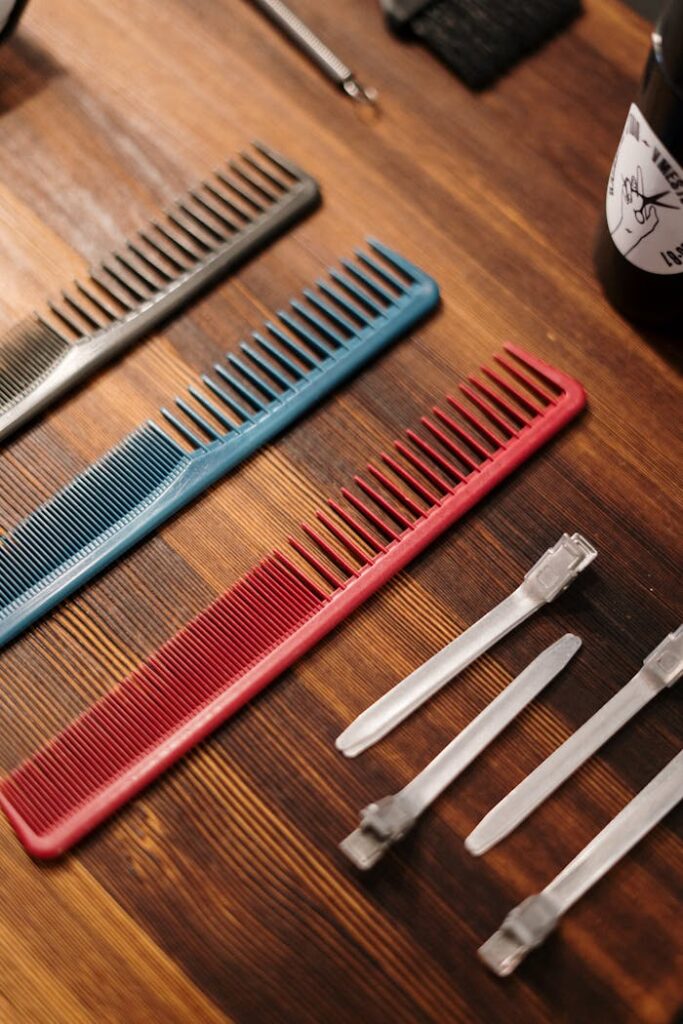
Homemade Haircare Recipes
DIY Hair Masks for Different Hair Concerns
Creating your own hair masks at home can be fun and effective. For dry hair, try a mixture of avocado and honey. For oily hair, a blend of yogurt and lemon juice works wonders. The best part is that you can customize these recipes to fit your specific hair needs.
Natural Ingredients for Healthy Hair
Many natural ingredients found in your kitchen can be great for your hair. Eggs, for instance, are packed with protein and can strengthen your hair. Aloe vera is excellent for soothing a dry scalp, and apple cider vinegar can help balance your hair’s pH levels.
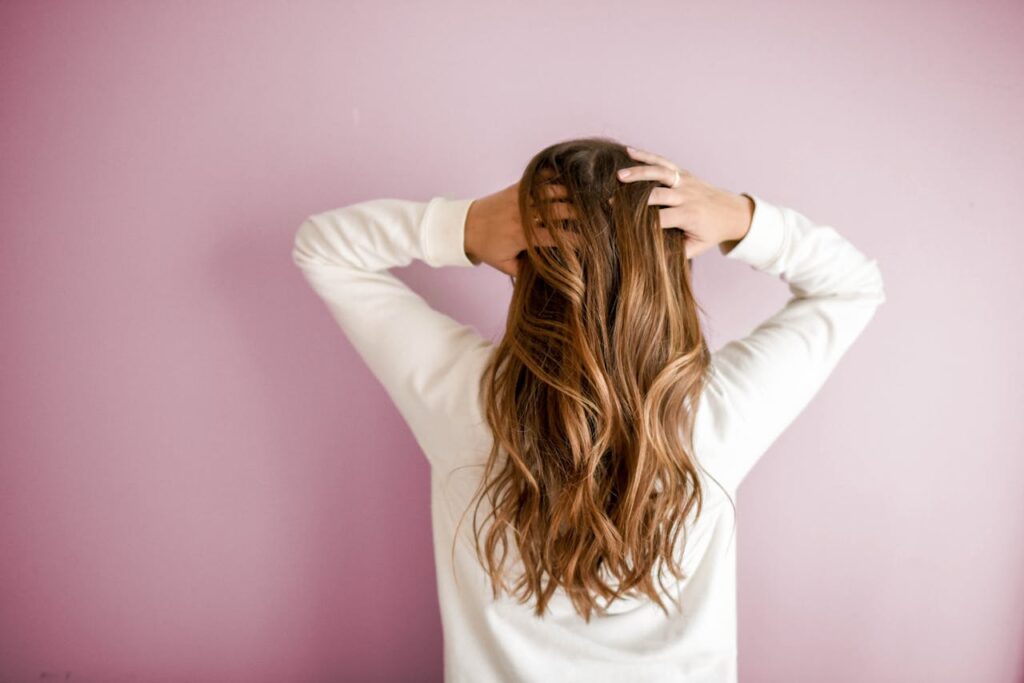
Avoiding Common Haircare Mistakes
Over-Washing
Over-washing your hair can strip it of its natural oils, and make your hair dry and damage. Wash your hair few times each week, depending on your hair type.
Excessive Heat Styling
While styling tools can help you achieve your desired look, using them too often can cause severe damage. Try to limit heat styling to special occasions and always use a heat protectant spray.
The Dangers of Tight Hairstyles
Wearing your hair in tight ponytails or braids regularly can lead to hair breakage and even hair loss. Opt for looser styles and give your hair a break from time to time.
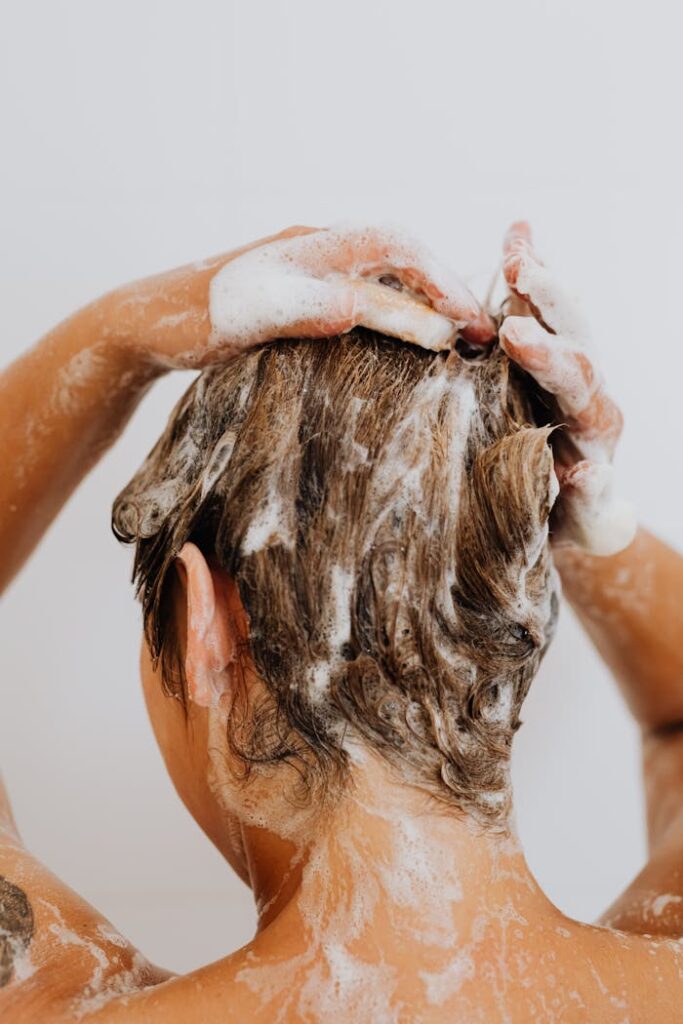
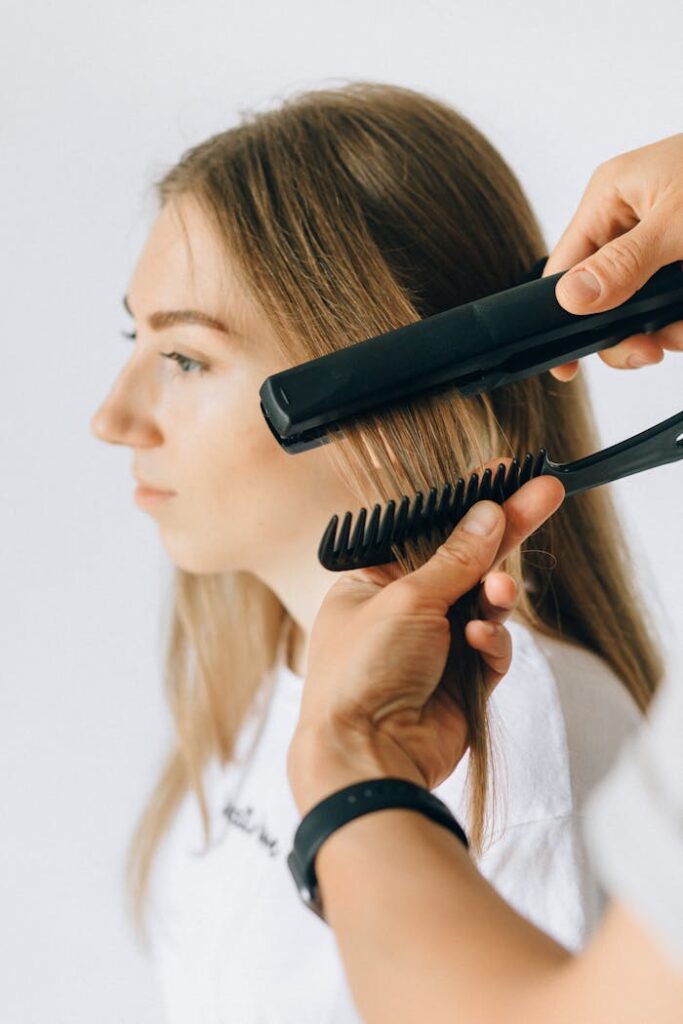
Seasonal Haircare Tips
Summer Haircare: Protecting Against Sun and Chlorine
During the summer, your hair is more exposed to the sun and chlorine, which can cause dryness and damage. Wear a hat when you’re out in the sun, and rinse your hair with fresh water before swimming to prevent chlorine absorption.
Winter Haircare: Battling Dryness and Static
Winter can be just as harsh on your hair, with cold air and indoor heating causing dryness and static. Keep your hair moisturized with leave-in conditioners and avoid over-washing to retain its natural oils.
Maintaining a Healthy Scalp
Importance of Scalp Health
A healthy scalp is the root cause of healthy hair. Keeping your scalp clean and balanced can prevent issues like dandruff and hair loss.
Tips for a Clean and Balanced Scalp
Regularly exfoliate your scalp and use shampoos that cleanse without stripping away moisture. Massaging your scalp during washing can also improve circulation and promote hair growth.
Nutrition and Hair Health
Foods That Promote Hair Growth
Your diet is crucial for maintaining healthy hair. Foods rich in vitamins A, C, and E, as well as omega-3 fatty acids, can promote hair growth and strength. Include plenty of leafy greens, nuts, and fish in your diet.
The Role of Vitamins and Supplements
In addition to a balanced diet, certain supplements like biotin and collagen can further support hair health. However, it’s always best to consult with a healthcare professional before starting any new supplements.
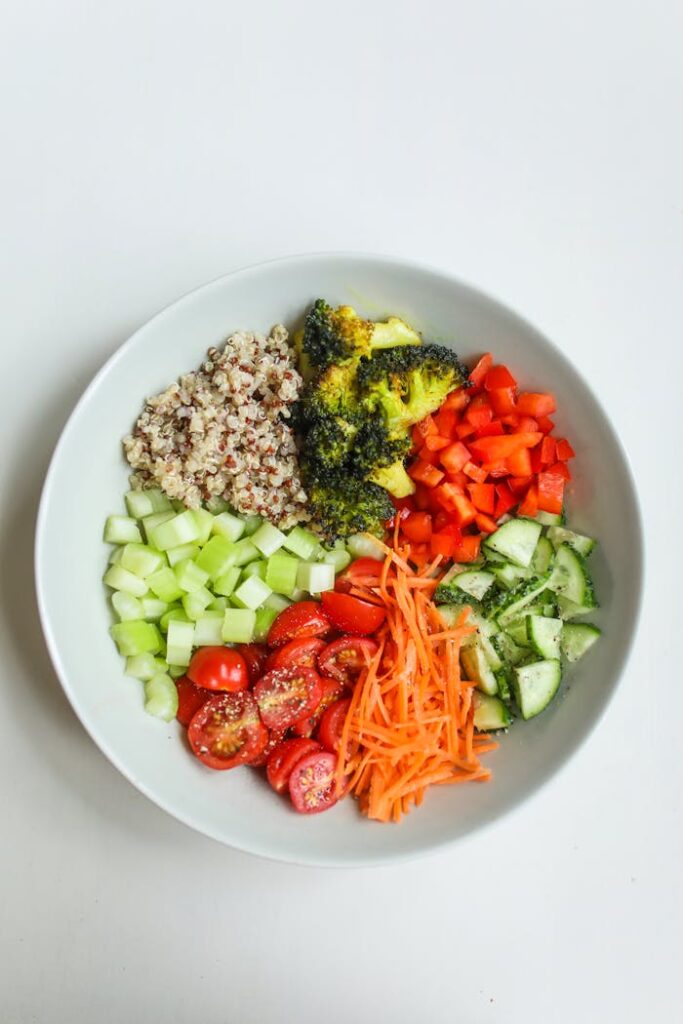

Haircare Myths Debunked
Common Misconceptions About Haircare
There are many myths surrounding haircare, such as the idea that trimming your hair frequently will make it grow faster. In reality, trimming only prevents split ends, which can help maintain the length.
Truths You Need to Know
Another common myth is that you should brush your hair 100 times a day. Over-brushing can actually lead to breakage and hair loss, so stick to what’s necessary to detangle and style your hair.
Tools and Accessories for Healthy Hair
The Best Brushes and Combs for Your Hair Type
Using the right tools can make a big difference in your hair’s health. Wide-tooth combs are great for detangling wet hair, while boar bristle brushes can help distribute natural oils.
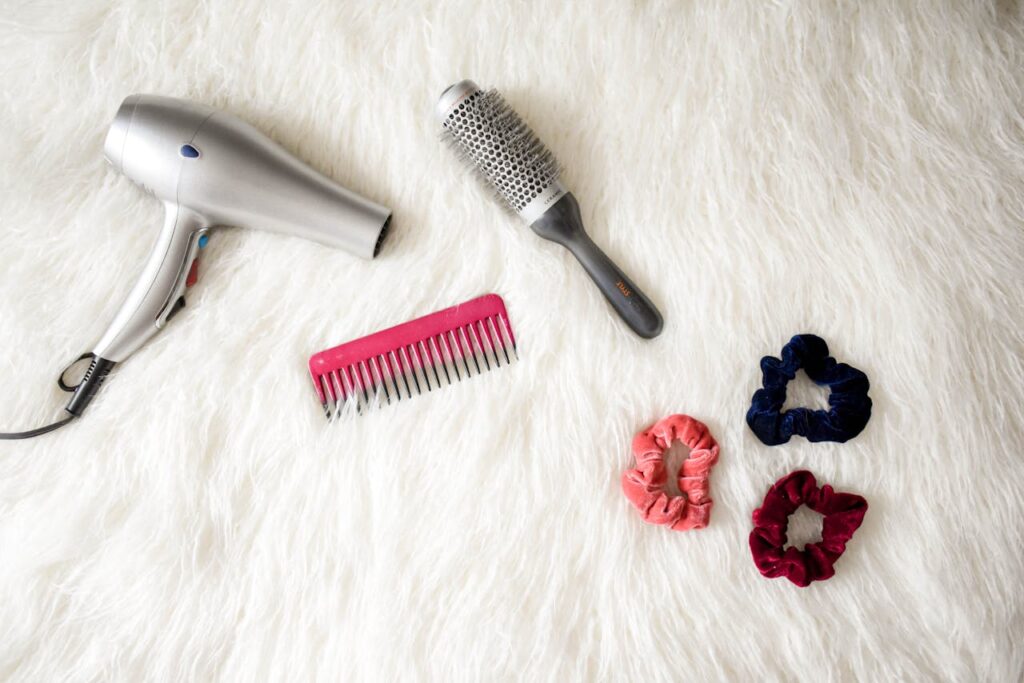
Heat Styling Tools: How to Use Them Safely
If you do use heat styling tools, invest in high-quality products with adjustable heat settings. Always start with the lowest heat possible and use a heat protectant spray to minimize damage.
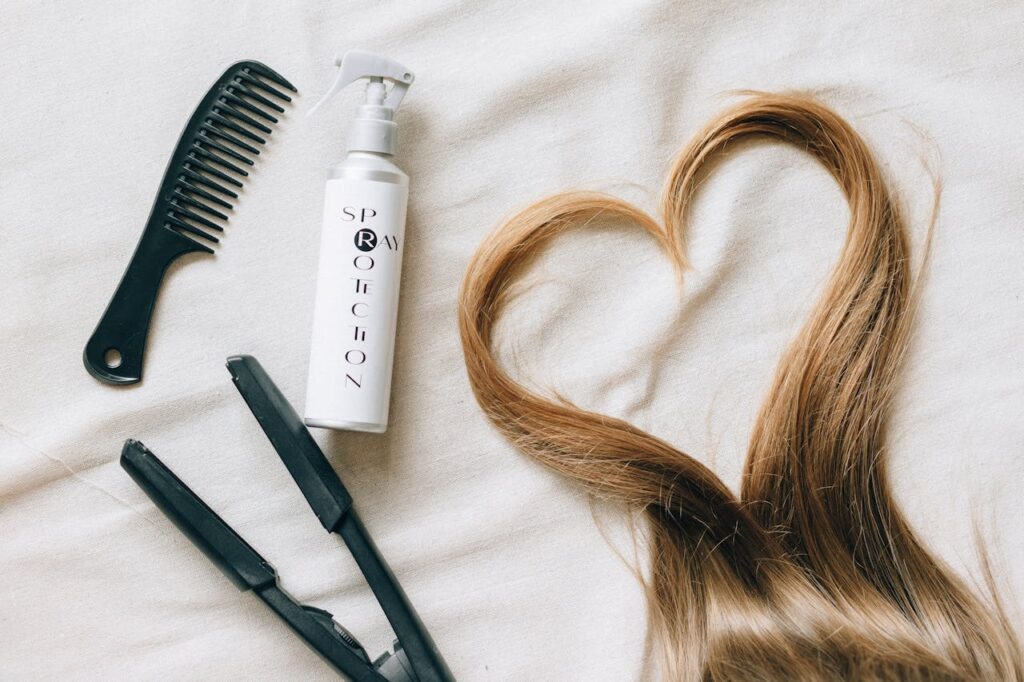
Managing Hair Loss at Home
Understanding Hair Loss Causes
Hair loss can result from a variety of causes, such as genetics, stress, and inadequate nutrition. Identifying the cause is the first step in managing it.
Home Remedies to Slow Down Hair Loss
Natural remedies like massaging your scalp with essential oils, applying onion juice, or using aloe vera can help slow down hair loss. Maintaining a balanced diet and reducing stress can also be beneficial.
Special Considerations for Colored Hair
Maintaining Color Vibrancy
Colored hair needs additional care to preserve its vibrancy. Use shampoos and conditioners specifically designed for color-treated hair and avoid over-washing.
Avoiding Damage and Dryness
Coloring your hair can increase its vulnerability to dryness and breakage. Incorporate deep conditioning treatments and avoid excessive heat styling to keep your colored hair healthy.
Long-Term Haircare Strategies
Regular Trims and Why They’re Necessary
Regular trims are essential for maintaining healthy hair, as they prevent split ends from traveling up the hair shaft, which can lead to more significant damage.
Establishing a Sustainable Haircare Routine
The key to healthy hair is consistency. Find a routine that works for you and stick to it, adjusting as necessary based on the changing needs of your hair.
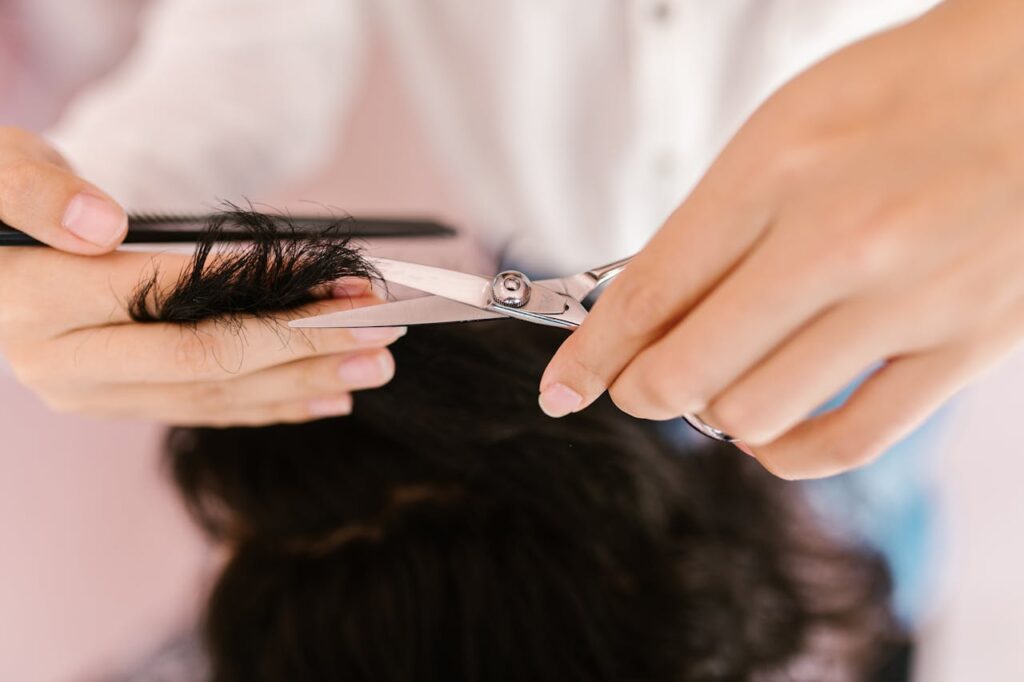
Conclusion
Caring for your hair at home doesn’t have to be difficult. By understanding your hair type, following a tailored routine, and avoiding common mistakes, you can achieve healthy, beautiful hair. Remember, consistency is key, and your hair will thank you for the time and effort you put into it.
FAQs
- What is the best way to treat dandruff at home?
Regularly exfoliate your scalp, use a gentle dandruff shampoo, and try natural remedies like tea tree oil. - How often should I wash my hair?
It depends on your hair type, but generally, washing 2-3 times a week is sufficient to avoid stripping your hair of natural oils. - Can natural ingredients really improve hair health?
Yes, ingredients like aloe vera, coconut oil, and eggs can provide nourishment and improve your hair’s overall health. - What should I do if my hair is too oily?
Try using a clarifying shampoo, avoid over-washing, and incorporate dry shampoo into your routine to absorb excess oil. - Are there any risks with DIY hair treatments?
While generally safe, some ingredients might cause allergic reactions or irritation. Always do a patch test before applying anything new to your hair or scalp.
Latest Posts
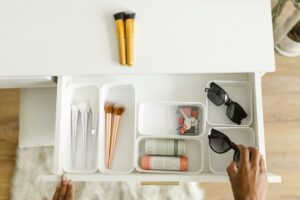
Skin Care Drawer 2024
In today’s beauty-centric world, keeping your skincare and makeup essentials organized in a skincare drawer 2024 is not just a

What is Good for Low Porosity Hair
Low porosity hair can be challenging to manage, but understanding what is good for low porosity hair is the first
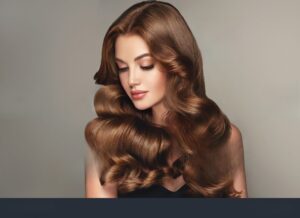
Essential Hair Care Routine for Wavy Hair 2024
A Complete Guide for Wavy Hair 2024 A proper hair care routine for wavy hair in 2024 includes using sulfate-free
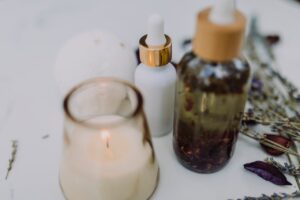
7 Skincare Items to Achieve Glowing skin
Introduction In 2024, skincare is more than just a daily routine—it’s a lifestyle. As more people become aware of the
